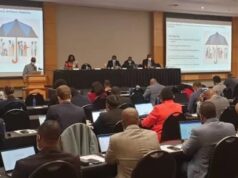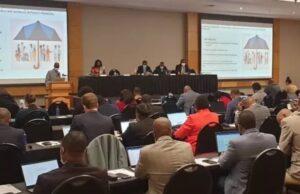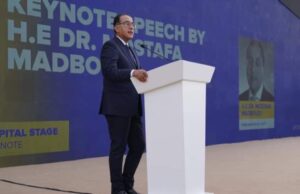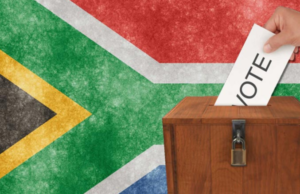
Jan 1-15, 2019
Lack of free and fair elections often leading to violence have long been a pain for Africa. The long overdue General elections and the bickering about the election results recently in the Democratic Republic of Congo is the latest manifestation of Africa’s continuous struggle with democracy. The post-election violence In DRC has aroused fears that the country may witness a return to the civil-war that have killed millions since the 1990s.
Africa’s track record in Democracy has remained poor over the years. According to Democracy Index 2018 published by the Economist Intelligence unit, Sub Saharan Africa (SSA) has seven of the 15 lowest ranked countries in the world. However, one cannot miss some bright spots and some contradicting trends.
Political participation over the past five years has improved significantly, as elections have become commonplace across most of the region. Nonetheless, the electoral process has remained poor and many authoritarian regimes continue to reign. For instance, 18 African presidents have been in power for over a decade, some of them since the countries gained independence. In Cameroon, the president secured a seventh term in elections held in October 2018.At the same time, there are instances where the people curbed the term of their leaders like the Senegalese who voted to cut presidential mandates from seven to five years.
The performance on civil liberties in the region also presents a mixed bag. SSA’s performance on civil liberties also remains poor compared to global standards. Many governments continued attacks on the media and on freedom of expression. In Tanzania, for example, the government in 2018 introduced prohibitive regulations on online content providers. In contrast are instances like Gambia where the president has taken steps to promote media freedom and in Ethiopia where Prime Minister Mr Abiy Ahmed lifted bans on websites and other media.
Some of the leaders have shown outstanding political will to improve governance. The president of Benin, Patrice Talon, for example, has taken steps to stamp out corruption by establishing a special court to handle economic crimes and by eliminating the parliamentary immunity of former ministers accused of fraud. Prime Minister of Ethiopia Mr Abiy Ahmed carried out some decisive reforms releasing thousands of political prisoners in Ethiopia, signing a peace deal with Eritrea, and appointing Ethiopia’s first female head of state.
Overall, a global comparison suggests that though SSA remains a long way off the global standards, with potential for further consolidation of the democratic process, some green shoots are emerging. One can say with some confidence that Africa is on a slow but steady march forward .











